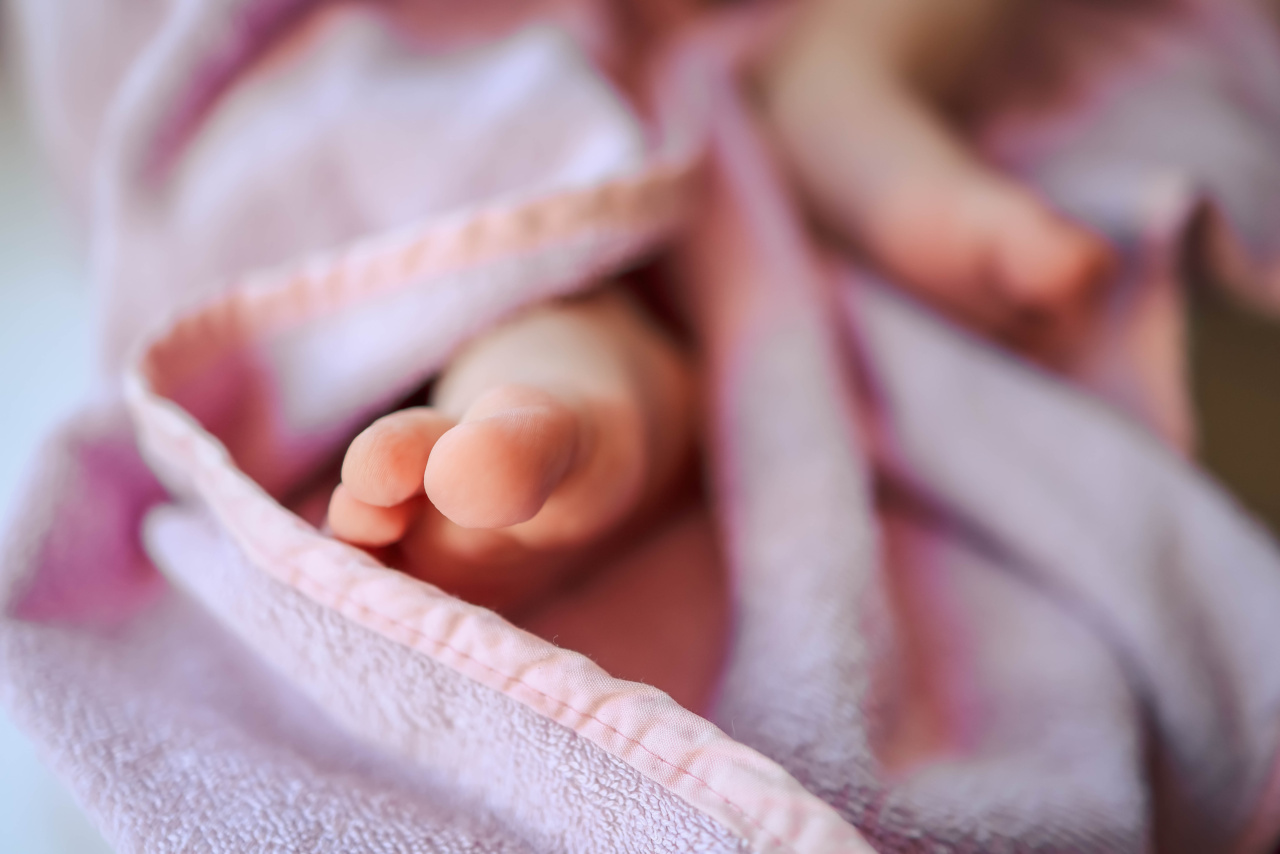Babies are prone to colds especially if they have a weak immune system. One common symptom of a cold is rhinitis, which is the inflammation of the nasal lining.
Rhinitis in babies can cause a stuffy nose, difficulty breathing, and can lead to further complications such as ear infections if left untreated.
Causes of baby rhinitis
Rhinitis can be caused by a variety of factors including:.
- Viral infections such as the common cold
- Allergens such as dust, pollen or pet dander
- Irritants such as cigarette smoke or strong perfume
- Changes in weather or dry indoor air
Symptoms of baby rhinitis
Signs that your baby may be experiencing rhinitis can include:.
- Stuffy or runny nose
- Sneezing
- Coughing
- Fever
- Difficulty sleeping
Effective remedies for baby rhinitis
Here are some effective remedies for treating baby rhinitis:.
1. Saline drops and suction bulb
Saline drops can help loosen mucus in the nose while the suction bulb can help remove the mucus. Begin by placing a few saline drops in each nostril and then using the suction bulb to gently suction out the mucus.
Be careful not to insert the bulb too deeply into the nostril and to only use it a few times a day to avoid irritating the nasal lining.
2. Humidifier
A cool mist humidifier can help add moisture to the air and alleviate congestion. Make sure to clean the humidifier frequently to prevent bacterial growth.
3. Elevate the head
Keep your baby’s head elevated during sleep to help reduce congestion. You can do this by placing a rolled-up towel under the mattress to raise the head of the crib or by holding your baby upright while feeding or sleeping.
4. Breast milk
Breast milk contains antibodies that can help boost your baby’s immune system and fight off infections. Nursing can also help soothe your baby and relieve congestion.
5. Warm bath
A warm bath can help relax your baby and alleviate congestion. The steam from the warm water can also help open up the nasal passages.
6. Essential oils
Some essential oils such as eucalyptus, lavender, or peppermint can help alleviate congestion when added to a diffuser or humidifier.
However, it’s important to only use diluted oils and to avoid using them directly on your baby’s skin or near their face as they may be too strong for their delicate skin.
7. Over-the-counter medications
There are some over-the-counter medications that can help alleviate rhinitis symptoms in babies such as saline sprays or drops, antihistamines, or decongestants.
It’s important to always check with your pediatrician before giving your baby any medication and to follow the dosage instructions carefully.
8. Avoid irritants and allergens
Avoid exposing your baby to cigarette smoke, strong perfumes, or other irritants that can aggravate rhinitis symptoms. You should also try to identify and avoid allergens that may be triggering your baby’s symptoms.
9. Plenty of fluids
Make sure your baby is drinking plenty of fluids to help keep their nasal passages moist and alleviate congestion. Breast milk or formula can provide the necessary hydration and nutrition for a baby.
10. Rest
Encourage your baby to rest and avoid overexertion. This can help boost their immune system and promote healing.
Conclusion
Baby rhinitis can be distressing for both the baby and the parents, but there are many effective remedies that can provide relief.
These remedies include saline drops and suction, a humidifier, elevating the head, breast milk, a warm bath, essential oils, over-the-counter medications, avoiding irritants and allergens, plenty of fluids, and rest. If your baby’s symptoms persist or worsen, it’s important to consult your pediatrician.


























